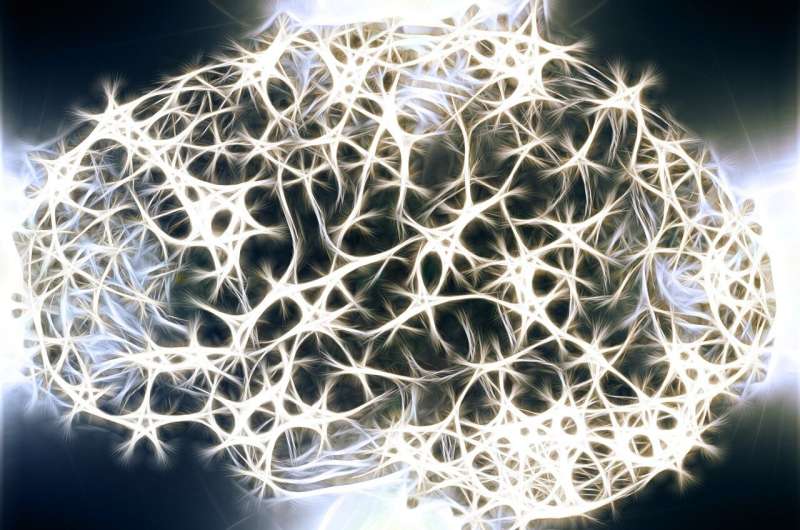New Study Finds Fewer Than 500 Neurons Play Key Role in Suppressing Binge Drinking

A groundbreaking study identifies fewer than 500 neurons in the brain that are crucially involved in suppressing binge drinking behavior, offering new insights into potential treatments for alcohol dependency.
Recent research published in Nature Neuroscience reveals that a surprisingly small group of neurons—fewer than 500—are involved in controlling and suppressing binge drinking behavior. Led by Dr. Gilles E. Martin, associate professor of neurobiology at UMass Chan Medical School, the study utilized advanced techniques such as fiber photometry, optogenetics, electrophysiology, and single-cell transcriptomics to pinpoint a specific neuronal ensemble in the brain responsible for inhibiting excessive alcohol consumption.
The researchers used a specialized mouse model that labels neurons activated during binge drinking episodes. These neurons emit a bright fluorescent signal, allowing real-time identification of active cells. By selectively activating or inhibiting this small neural group with light, scientists observed corresponding changes in drinking behavior, establishing a direct link between these neurons and alcohol intake regulation.
Dr. Martin emphasized the significance of these findings: "It's remarkable that such a tiny cluster of neurons can influence complex behavior like binge drinking. This research offers a new perspective on how specific neural circuits are involved in behavioral control and highlights potential targets for therapeutic interventions."
While previous studies have implicated broader brain regions like the prefrontal cortex in regulating alcohol consumption, this study narrows the focus to a precise neuronal circuit. Understanding these mechanisms could lead to innovative treatments for alcohol dependency, especially by reactivating or modulating these neurons.
The discovery suggests that as neuroscience technology advances, it may become possible to identify as few as a few dozen neurons responsible for suppressing binge drinking. Future research aims to further delineate these circuits and develop targeted therapeutics to combat alcohol abuse and dependency.
This research enhances our understanding of neural control over addictive behaviors and opens new pathways for treating alcohol-related disorders.
Stay Updated with Mia's Feed
Get the latest health & wellness insights delivered straight to your inbox.
Related Articles
Deep Tissue Cancer Treatment with Cold Plasma Technology
Innovative research shows that cold plasma can penetrate deep into tissue layers to target and destroy cancer cells, offering new hope for advanced cancer therapies.
Innovative Computerized Support System Shortens Ventilation Duration in Children with Lung Failure
A groundbreaking trial demonstrates that a computerized decision support system can significantly shorten ventilation duration and improve recovery in children with lung failure. This innovative approach offers a new pathway toward safer, more effective respiratory care in pediatrics.
Advances and Challenges in the Fight Against Alzheimer's Disease
Recent developments in Alzheimer's disease include new treatments and diagnostic methods, but challenges remain in effectiveness and early detection. Ongoing research aims to improve prevention and management strategies for this complex neurological condition.



